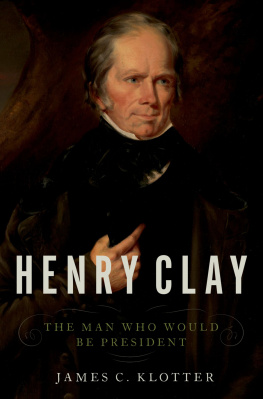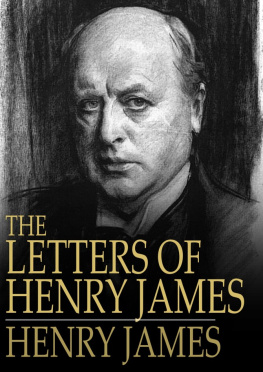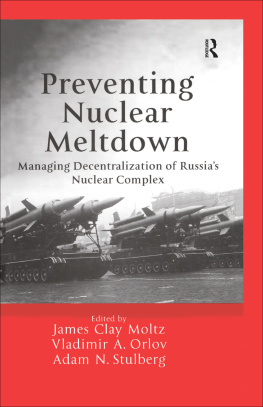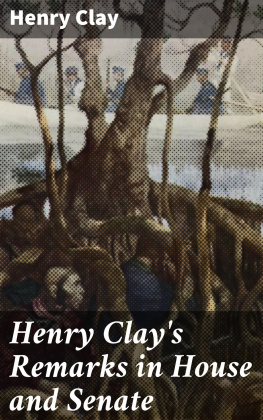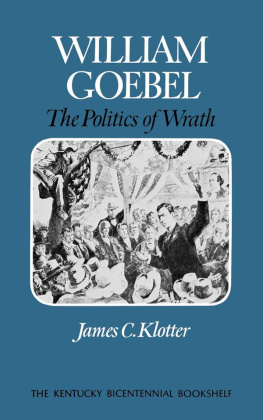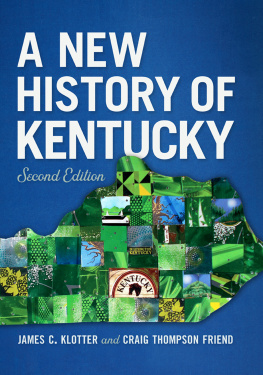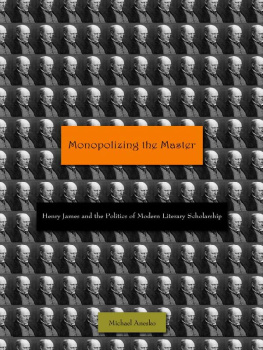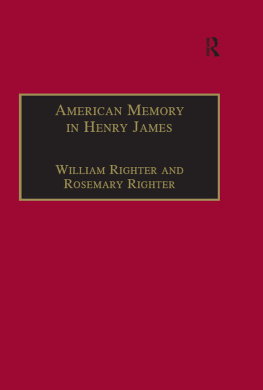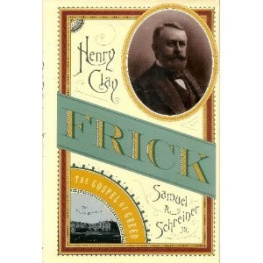Klotter James C. - Henry Clay
Here you can read online Klotter James C. - Henry Clay full text of the book (entire story) in english for free. Download pdf and epub, get meaning, cover and reviews about this ebook. year: 2018, publisher: Oxford University Press, Incorporated, genre: Politics. Description of the work, (preface) as well as reviews are available. Best literature library LitArk.com created for fans of good reading and offers a wide selection of genres:
Romance novel
Science fiction
Adventure
Detective
Science
History
Home and family
Prose
Art
Politics
Computer
Non-fiction
Religion
Business
Children
Humor
Choose a favorite category and find really read worthwhile books. Enjoy immersion in the world of imagination, feel the emotions of the characters or learn something new for yourself, make an fascinating discovery.
- Book:Henry Clay
- Author:
- Publisher:Oxford University Press, Incorporated
- Genre:
- Year:2018
- Rating:4 / 5
- Favourites:Add to favourites
- Your mark:
- 80
- 1
- 2
- 3
- 4
- 5
Henry Clay: summary, description and annotation
We offer to read an annotation, description, summary or preface (depends on what the author of the book "Henry Clay" wrote himself). If you haven't found the necessary information about the book — write in the comments, we will try to find it.
Henry Clay — read online for free the complete book (whole text) full work
Below is the text of the book, divided by pages. System saving the place of the last page read, allows you to conveniently read the book "Henry Clay" online for free, without having to search again every time where you left off. Put a bookmark, and you can go to the page where you finished reading at any time.
Font size:
Interval:
Bookmark:


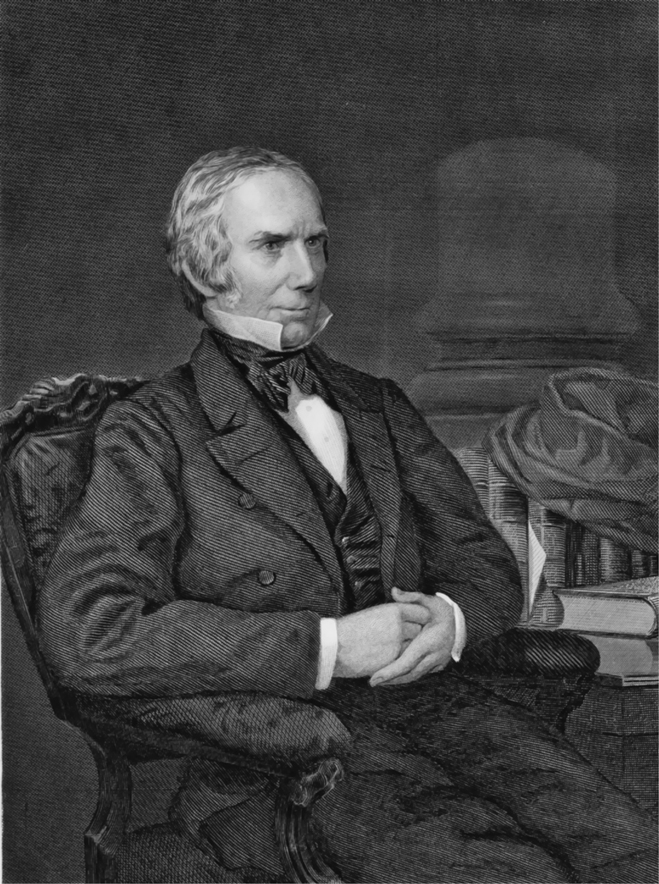

Oxford University Press is a department of the University of Oxford. It furthers the Universitys objective of excellence in research, scholarship, and education by publishing worldwide. Oxford is a registered trade mark of Oxford University Press in the UK and certain other countries.
Published in the United States of America by Oxford University Press
198 Madison Avenue, New York, NY 10016, United States of America.
Oxford University Press 2018
All rights reserved. No part of this publication may be reproduced, stored in a retrieval system, or transmitted, in any form or by any means, without the prior permission in writing of Oxford University Press, or as expressly permitted by law, by license, or under terms agreed with the appropriate reproduction rights organization. Inquiries concerning reproduction outside the scope of the above should be sent to the Rights Department, Oxford University Press, at the address above.
You must not circulate this work in any other form and you must impose this same condition on any acquirer.
Library of Congress Cataloging-in-Publication Data
Names: Klotter, James C., author.
Title: Henry Clay : the man who would be president / James C. Klotter.
Description: New York, NY : Oxford University Press, [2018] | Includes bibliographical references and index.
Identifiers: LCCN 2017053284 (print) | LCCN 2017053862 (ebook) | ISBN 9780190498054 (updf) |
ISBN 9780190498061 (epub) | ISBN 9780190498047 (hardback : alk. paper)
Subjects: LCSH: Clay, Henry, 17771852. | United StatesPolitics and government18151861.
Classification: LCC E340.C6 (ebook) | LCC E340.C6 K57 2018 (print) | DDC 973.6092 [B]dc23
LC record available at https://lccn.loc.gov/2017053284
Frontispiece: Engraving by A. Sealy of Henry Clay from a daguerreotype by Root. Wilson Family Photographic Collection, University of Kentucky. Special Collections


BOOKS ARE THE PRODUCTS OF many hands, though only one persons name may appear on the title page, for without the work of others, the finished work would be a poor product, indeed. Most acknowledgments start with an obligatory nod to repositories of information, which is as it should be, for it is in those places where the real work begins. This book is no exception, so my thanks go to many people, some of them no longer at these institutionsTerry Birdwhistell, William J. Marshall, and others at the University of Kentucky library system; Mark Wetherington, James Holmberg, and Rebecca Rice at the Filson Historical Society; Sara Elliott, Darrell Meadows, and Louise Jones of the Kentucky Historical Society; B. J. Gooch of the Transylvania University Library; Greg Decker and Susan Martin of the Georgetown College Library; and various others at the Kentucky Library at Western Kentucky University, the Kentucky Department for Libraries and Archives, and the University of Louisville Library. Outside the commonwealth, much aid particularly came from staffs at the Library of Congress, the National Archives, the US Senate Historical Office, the Virginia Historical Society, the University of Chicago, the Newberry Library, the Southern Historical Collection of the University of North Carolina at Chapel Hill, and the Tennessee State Library and Archives. (And I would be amiss if I did not thank Henry Clay for having such good penmanship; that made reading his manuscripts much easier than examining those of the typical leaders of his age.)
Individuals who supported this work in many different ways include those who either owned Clay letters and images or pointed the way to Clay-related items: Betty Jones of Richmond, Kentucky; Caroline Miller of Bracken County, Kentucky; Chris and Nan Mosher of Washington, DC; Harold Tallant of Georgetown College; Glen Taul of Georgetown, Kentucky; Kim Gelke of Illinois; and Cassandra Trimble of Washington State. Other aid was provided by Eric Blair, Braden Blankenship, Celisa Bowen, Jessica Brown, Ann Cothran, Dana Edgerton, Ian Ellis, Greg Haynes, Ron Klotter, Sarah and Rebekah McIntosh, Travis Mazurek, John Sosbe, and Catherine Taylor. A special thanks to Ollie Puckett. My appreciation also goes to Eric Brooks and Avery Malone of the Ashland Estate and Amy Elizabeth Burton of the Senate Curators Office. And it goes without sayingbut I will say it anywaythat the editorial and production team from Oxford University Press deserves much praise, including Elda Granata, Julia Turner, and Elizabeth Vaziri. Many thanks especially go to Nancy Toff, for her guidance throughout the project.
Research support was provided through a Goode Grant and a Summer Research Grant from Georgetown College, a Mellon Fellowship from the Virginia Historical Society, a Breaux Fellowship for the Filson Historical Society, and a research grant from the Kentucky Historical Society. Part of the results of that work already appeared in print in 2012, in an article in the Register of the Kentucky Historical Society and as a chapter in Kentucky Renaissance. My thanks go to the Kentucky Historical Society and the University Press of Kentucky and for permission to use parts of those works herein.
But in so many ways, an authors greatest thanks should go to those who take time off from their own projects and work, and critique a manuscript. I have been extremely fortunate in having excellent historians and editors who have commented in depth about this book. It is much better because of the suggestions made by two anonymous readers of Oxford University Press; retired Georgetown College professor Lindsey Apple, himself author of a book on the Clay family; Thomas H. Appleton Jr. of Eastern Kentucky University, editor extraordinaire; and John David Smith of the University of North Carolina, Charlotte, a special historian. And to my long-ago dissertation director, the late Holman Hamilton, I beg forgiveness for offering a harsher view than did he of his favorite subject, Zachary Taylor.
And finally, I have dedicated previous books to my spouse, our children, and our grandchildren, but in truth they are an important part of all my work. For they help me better understand the human condition and make it all worth living.

THE PRESIDENTIAL CAMPAIGN of 1844 had ended. Now Henry Clay awaited the results. Twice before he had received electoral votes for president; twice he had been defeated. Another time he had sought his Whig Partys nomination and had failed to receive it, only to see the nominee win the office of chief executive. Now, however, his friends agreed that this race represented his best opportunity to lead the nation.
Because states held their elections on different days, news of the results trickled in over a period of almost two weeks. But as more returns became known, it seemed clear that if New York voted for Clay, he would become president. If it did not, he would taste bitter defeat once more.
In that atmosphere, Clay and his wife attended a wedding as they waited for the fateful news. Any day a dispatch might bring jubilation or dejection. In Illinois, Lexington native Mary Todd Lincoln received a letter written by her stepmother, telling what had transpired:
Font size:
Interval:
Bookmark:
Similar books «Henry Clay»
Look at similar books to Henry Clay. We have selected literature similar in name and meaning in the hope of providing readers with more options to find new, interesting, not yet read works.
Discussion, reviews of the book Henry Clay and just readers' own opinions. Leave your comments, write what you think about the work, its meaning or the main characters. Specify what exactly you liked and what you didn't like, and why you think so.

